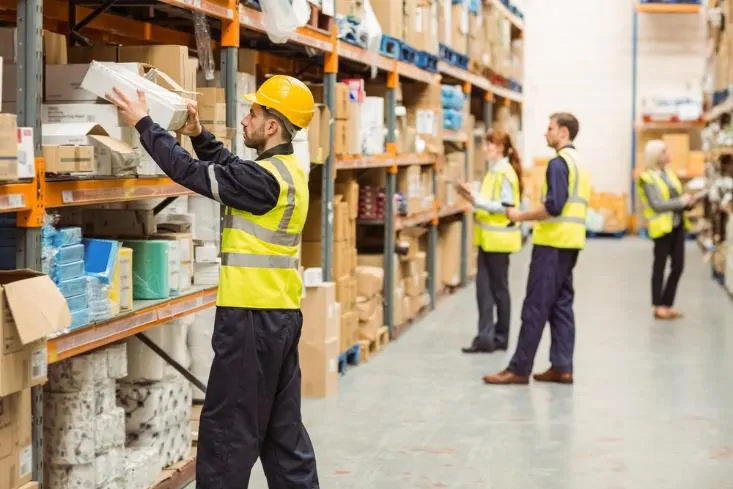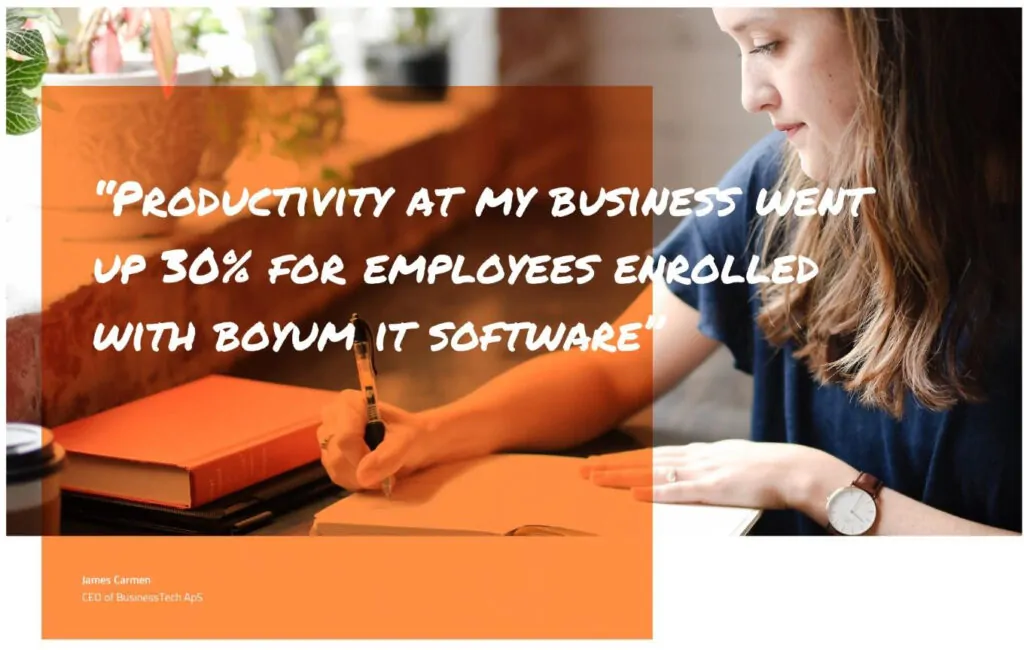Is there a sector in our economy that the metal industry does not touch? It’s an industry that provides materials and end-user applications for agriculture, automotive, engineering, building supplies, electronics, manufacturing and more. It also is an increasingly competitive industry, with businesses needing to embrace technological advances to keep pace and stay competitive. One way to do this is with Enterprise Resource Planning (ERP).
We’re going to discuss how an ERP system can benefit businesses in the metal industry, but first, a quick overview of what an ERP system is.
ERP systems integrate various business processes, such as finance, accounting, procurement, production planning, human resources, inventory management, and customer relationship management into one platform, providing a single view to the end user. Data is centralized from different departments and provides the business with real-time visibility into the entire operation; as a result, decision-makers can make better informed decisions about many aspects of the business.
ERP systems provide many different benefits to companies that implement them. Here, we’re going to discuss 4 challenges an ERP system can help businesses in the metal industry overcome.
Price Volatility
If there’s one certainty in the metal industry, it’s that price fluctuations occur, due to changes in supply and demand, global economic conditions, geopolitical events, or other factors. These fluctuations not only are an inconvenience, but can also impact a business’ profit margins, as well as planning and investment decisions.
While an ERP system can’t make price fluctuations go away, it can provide some of the data and information a business needs to deal with price volatility. For example, an ERP system can collect and analyze real-time data and provide insights into market trends, supply and demand fluctuations and price movements, thus giving the business the ability to make informed decisions and respond proactively to price volatility. What’s more, ERP systems offer modules for demand forecasting, which analyze historical sales data along with external market factors, enabling a business to predict future demand more accurately. As a result, inventory levels are optimized, and production schedules are aligned so the business doesn’t need to suddenly increase its prices.
Raw material availability and costs
Raw materials are imperative to keep the supply chain going. Any break in availability or increase in costs will send a ripple effect down the chain, so it’s critical to stay abreast of factors that may impact delivery of raw materials. An ERP system provides a central platform for communication, order placement, and tracking, and through an electronic data exchange, businesses and suppliers can share information about demand forecasts, production schedules and inventory levels. This allows for proactive supply chain management and enables a business to quickly respond to news of raw material availability or unavailability, in case it’s necessary to negotiate for better terms.
An ERP system also helps a business manage and optimize its inventory by tracking the availability, usage, and movement of raw materials in real time. And through the system, the business can streamline and automate the reorder process and obtain insights into optimal inventory levels to ensure it has the right supply of raw materials while minimizing waste and avoiding overstocking.
Sustainability and Environmental Regulations
Businesses in the metal industry can use an ERP system to help adopt green practices and implement sustainability initiatives. First, it has modules that track and report emissions, waste generation and other environmental indicators, which enables a business to generate data for regulatory compliance as well as internal sustainability initiatives. This also provides transparency in its efforts toward implementing greener practices.
A business also can use their ERP system to monitor and enforce adherence to environmental standards and generate automated alerts to ensure processes and operations are aligned with regulations, which help to reduce the risk of penalties and legal issues.
Finally, an ERP system can integrate tools to conduct product life cycle assessments (LCAs) which analyze the environmental impact of a product from the extraction of raw materials to its end-of-life disposal. This is important because LCAs help identify areas to improve resource efficiency, energy consumption, and emissions, which can lead to more sustainable products and processes.
Overall operational efficiency
An ERP system can help a business tighten their operations and become more efficient. By automating certain processes like order intake, invoicing, inventory management and more, a business can reduce the chance of errors and free up employees to focus on higher-value tasks. In addition, an ERP system provides insights into the utilization of materials, machinery and personnel, and help identify inefficiencies and bottlenecks in processes, which can lead to more effective resource planning, improved capacity utilization and a reduction in idle time.
This contributes to smoother operations, reduced costs and an overall improvement in business performance.
If you’re in the metal industry and have not yet implemented an ERP system, now may be the time to start exploring. Are you ready to learn more? Contact us today.





















